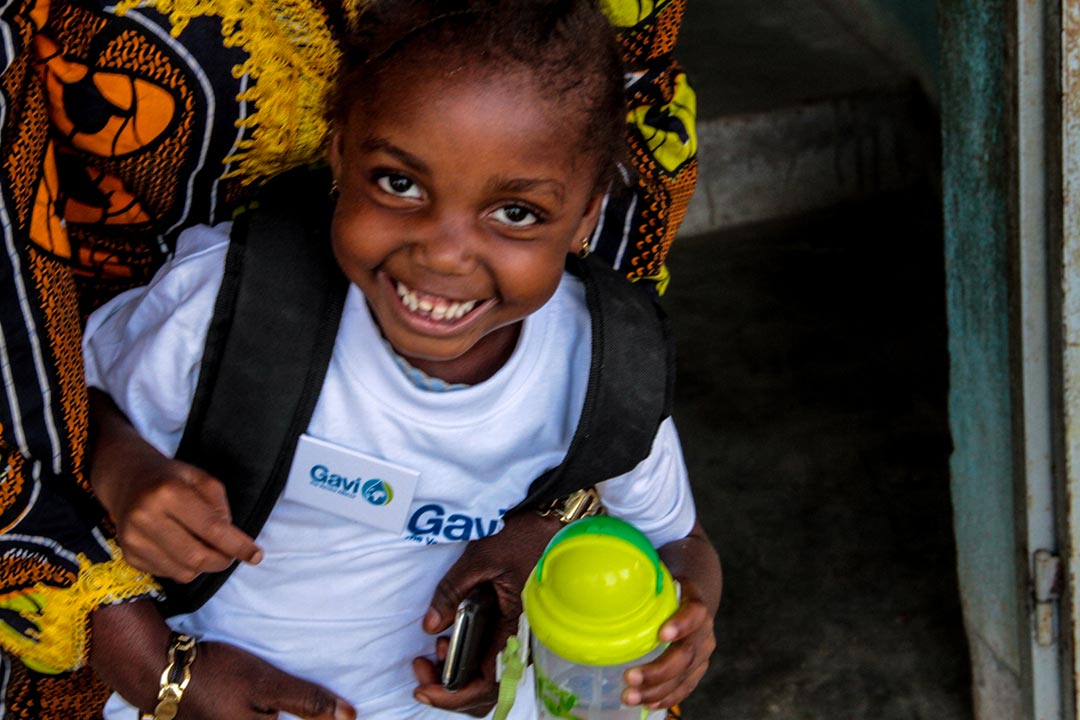Five things you need to know about Gavi’s new five-year strategy
The Vaccine Alliance is setting out its most ambitious strategy yet.
- 7 June 2024
- 2 min read
- by Gavi Staff

The Gavi Board today approved the Vaccine Alliance's strategy for the five-year period running from 2026 to 2030. It will be the most ambitious in Gavi's history: seeking to protect more people against more diseases faster than ever before. Here are five things to know about the new strategy.
- Gavi will continue to focus on its core mission, including supporting new vaccine introductions, expanding existing programmes, achieving equity through targeted efforts to reach and fully immunise missed "zero-dose" children and communities, scaling up critical innovations and shaping markets to ensure the availability of affordable and suitable vaccines for lower-income countries.
- Gavi has been critical in driving the roll-out of new vaccines urgently needed in the most vulnerable communities in the world. Today the Board approved future vaccination programmes and learning agendas for tuberculosis, group B streptococcus and dengue fever, as well as global stockpiles and learning agendas for vaccines against mpox and hepatitis E.
- The new strategy will also make the Gavi model increasingly responsive to the evolving global context – from climate change to the increasing threat of outbreaks and antimicrobial resistance – to continue meeting countries' and communities' needs. Climate change is already putting people's health at risk in a major way: a warming planet with more extreme weather conditions means higher disease threat across the globe.
- The next five years will see more countries transitioning from Gavi support. To ensure the continued sustainability of immunisation programmes worldwide, the strategy includes proposed adjustments to Gavi's co-financing, eligibility and transition approach.
- A significant number of the most vulnerable people in Gavi-supported countries are living in conflict areas or humanitarian crises. This is where unimmunised children are more likely to be found, and the communities they live in are unlikely to receive adequate access to health care. The new strategy will include differentiated, flexible and tailored support for fragile and humanitarian contexts.
The projected impact of Gavi's next strategic period, along with the funding needed to achieve its objectives, will be announced in Paris on 20 June at “Protecting Our Future: The Global Forum for Vaccine Sovereignty and Innovation”, co-hosted by the African Union, Government of France and Gavi. Securing funding for the 2026–2030 period will be vital to ensuring the success of Gavi's strategy.









